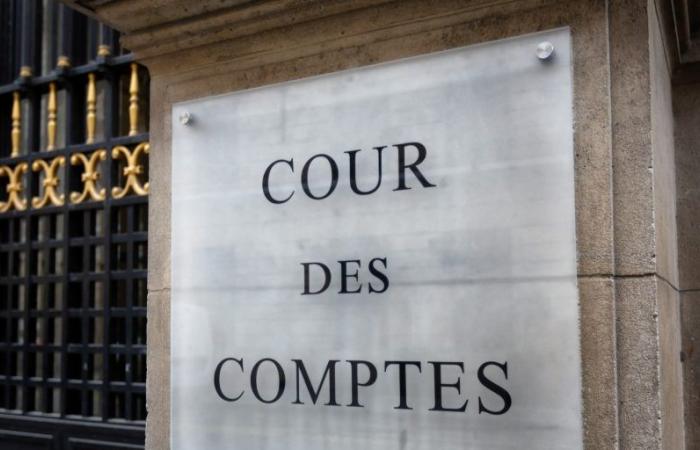Barthélémy Philippe / Photo credit: Martin Noda / Hans Lucas / Hans Lucas via AFP
06:15, October 15, 2024modified to
06:33, October 15, 2024
While the examination of the 2025 finance project officially begins in the National Assembly on Thursday, the Court of Auditors fully intends to influence the debates. The council for compulsory deductions notably suggested several avenues, Monday, to improve the equality of French people with regard to tax.
On Thursday, examination of the 2025 finance bill officially begins in the National Assembly. The debates are set to be fierce as Michel Barnier’s copy, which includes 60 billion in savings, has aroused criticism, including from his own EPR allies. At the end of the examination, the finance bill could ultimately incorporate many parliamentary amendments.
So everything can still move. As a careful guardian of the proper use of public funds, the Court of Auditors fully intends to influence the debates. On Monday, the compulsory deductions council, attached to the institution, suggested several avenues to improve the equality of French people with regard to taxes. The CPO recommends in particular reviewing the operation of certain credits and tax reductions.
Three measures for more than a billion savings
First recommendation: reduce the rate of the personal services tax credit, except for expenses related to childcare and dependency. This tax credit, which also allows French people to pay less for cleaning or gardening services, represents a shortfall of around 6 billion euros per year for the State.
This is too much, according to the first president of the Court of Auditors, Pierre Moscovici, especially since the majority of beneficiaries of this advantage do not really need it. “This tax credit is largely focused on the highest tenth of income. The initial objective of better combating hidden work can still be achieved by lowering its rate from 50 to 40%,” he explains.
With this measure, the State could collect 800 million euros per year. The Council on Compulsory Deductions also suggests removing the tax reduction for tuition fees, which duplicates the back-to-school allowance. Latest proposal: reduce the rate of tax reduction on donations to associations from 66 to 55%. In total, these three measures would allow the State to recover more than a billion euros per year.






